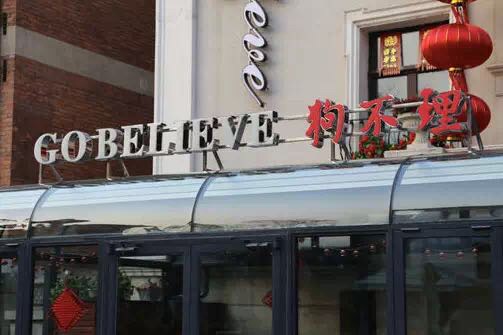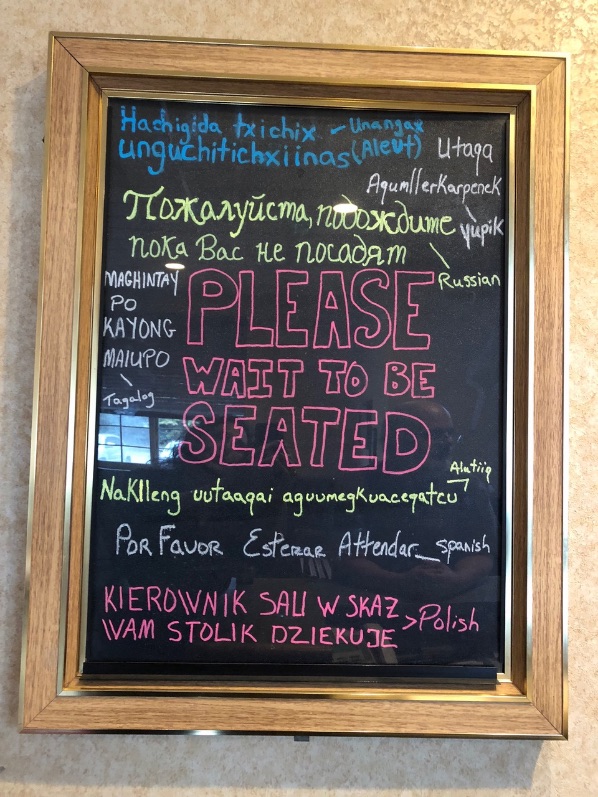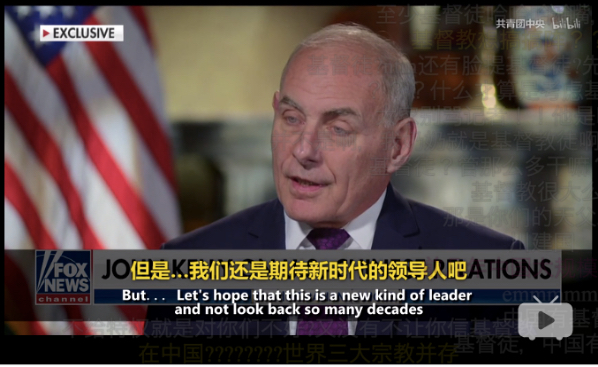Chinese translation app with built-in censorship
What good is a translation app that automatically censors politically sensitive terms? Well, a leading Chinese translation app is now doing exactly that.
"A Chinese translation app is censoring politically sensitive terms, report says", Zoey Chong, CNET (11/27/18)
iFlytek, a voice recognition technology provider in China, has begun censoring politically sensitive terms from its translation app, South China Morning Post reported citing a tweet by Jane Manchun Wong. Wong is a software engineer who tweets frequently about hidden features she uncovers by performing app reverse-engineering.
In the tweet, Wong shows that when she tried to translate certain phrases such as "Taiwan independence," "Tiananmen square" and "Tiananmen square massacre" from English to Chinese, the system failed to churn out results for sensitive terms or names. The same happened when she tried to translate "Taiwan independence" from Chinese to English — results showed up as an asterisk.
Read the rest of this entry »




